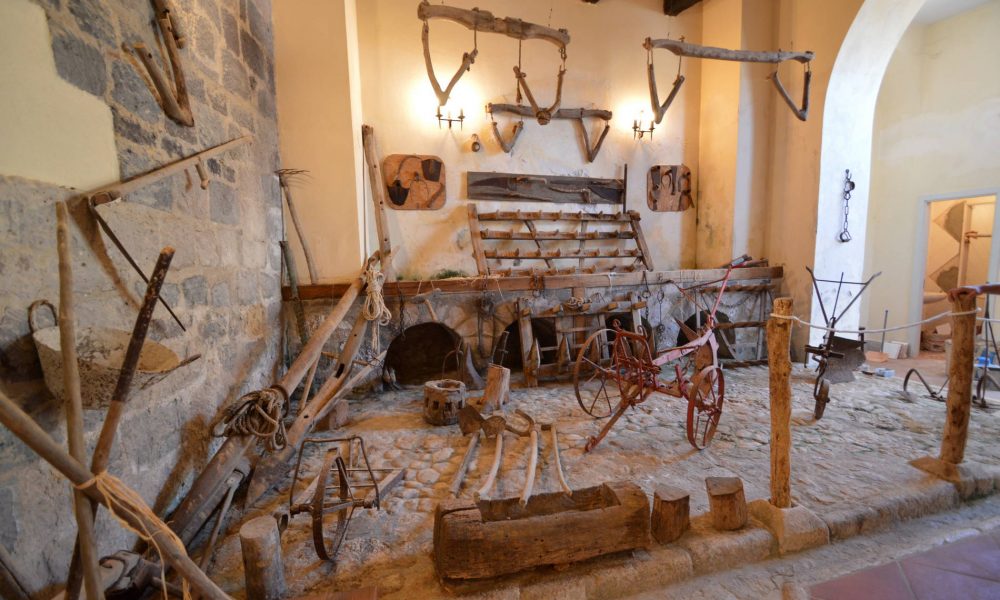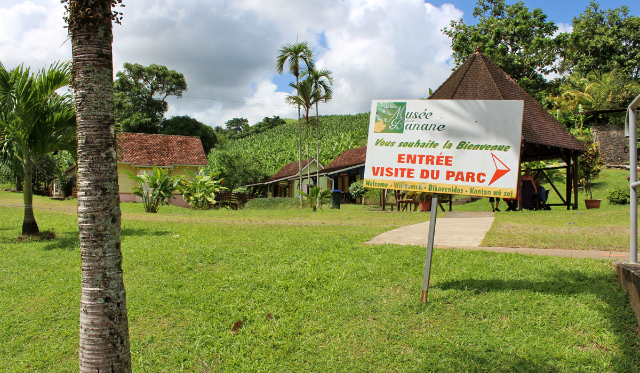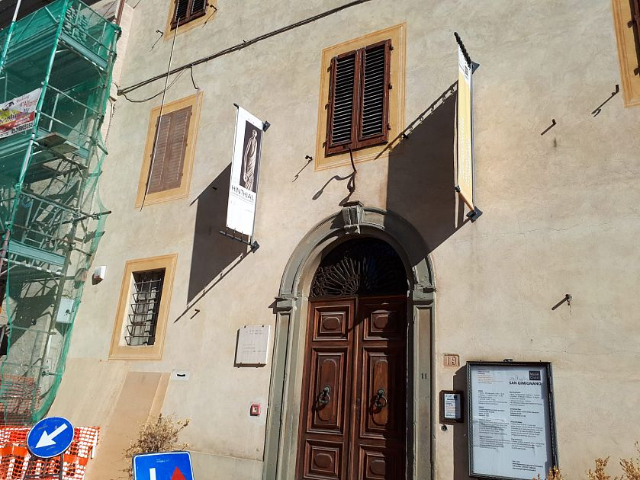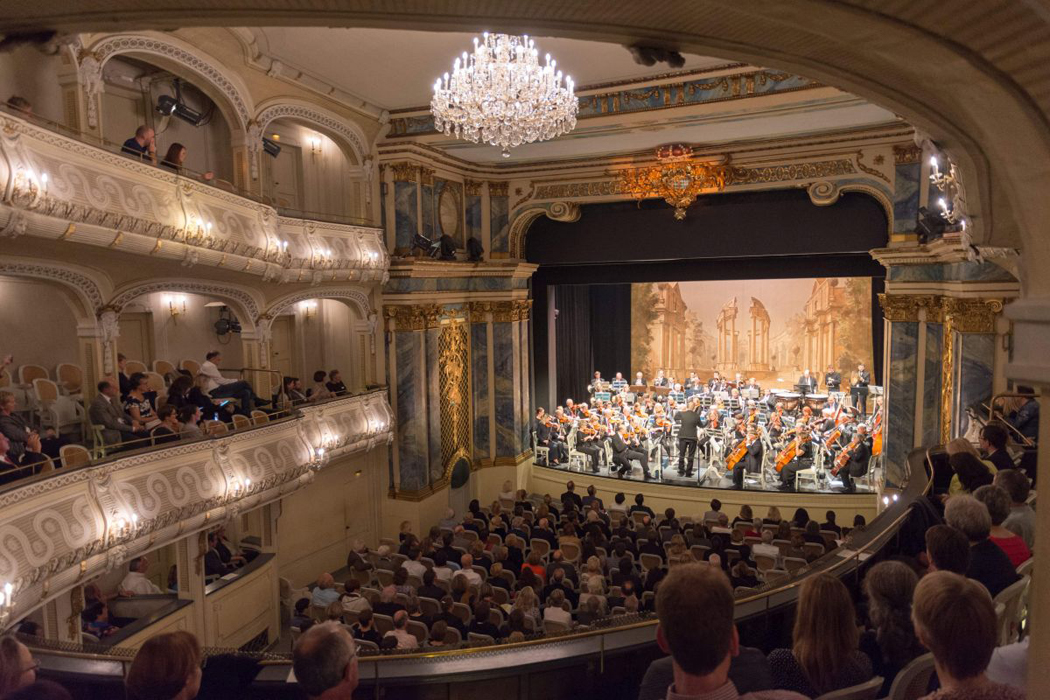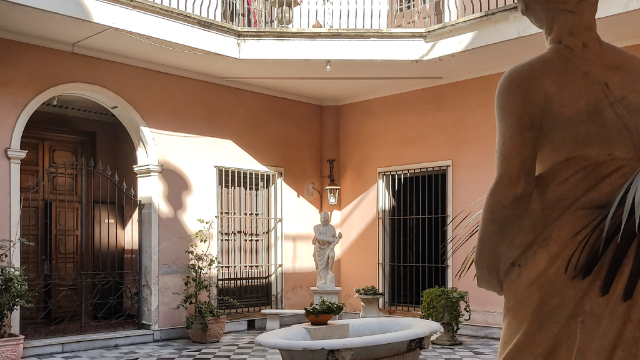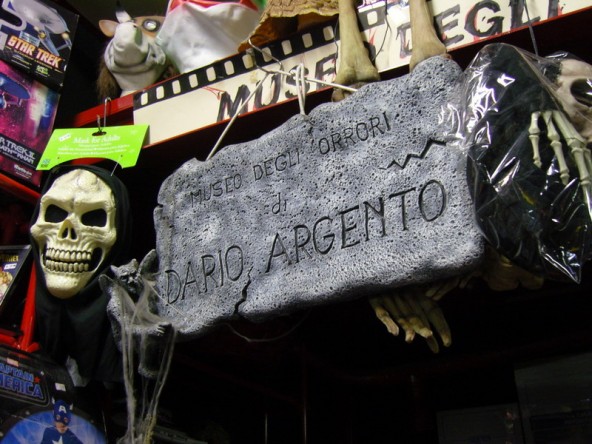The Kere Museum is an ethnographic museum in Caiazzo (CE), dedicated to rural civilization and traditions. The name of the museum refers to that of the goddess Ceres.
The museum was founded in 1997 by a local association and donations from the inhabitants and the current director, Augusto Russo, and is housed in the rooms of the former conservatory of the Conservatorio delle Vergini, an educational institution for noble girls founded in the early seventeenth century by Don Giulio Cesare d’Ettorre, a Caiatino nobleman and vicar general of the Diocese. The exhibition is on two floors: on the ground floor there are agricultural tools on display, including a series of ploughs and tools for harvesting and processing grain and for harvesting, including pruning shears, the sprayer (nzurfaturo), the vat for pressing grapes (laviello) and wooden barrels. Some shops have been rearranged with the relative equipment: that of the carpenter (mast r’axe) and that of the blacksmith with the forge, powered by coal and with hand fan, and the anvil (‘ncunia). Beyond the courtyard, which preserves the old well, there is a room with different types of oxen-drawn carts (with one, or trainella, or two, the actual cart).
The rooms on the upper floor are dedicated to domestic environments: a rustic kitchen and a bedroom have been reconstructed. The bed consisted of a frame with iron feet (pieristaglie) that supported a poplar wood planking, on which in turn rested a large canvas bag (‘u sacccone) padded with straw and cobs (preglie) and quilted with cotton webbing.
The museum’s archive contains photographs and numerous interviews and questionnaires filled in by the local population on the theme of folk traditions (agricultural tools, festivals, rites and prayers, folk songs, nursery rhymes and more).
